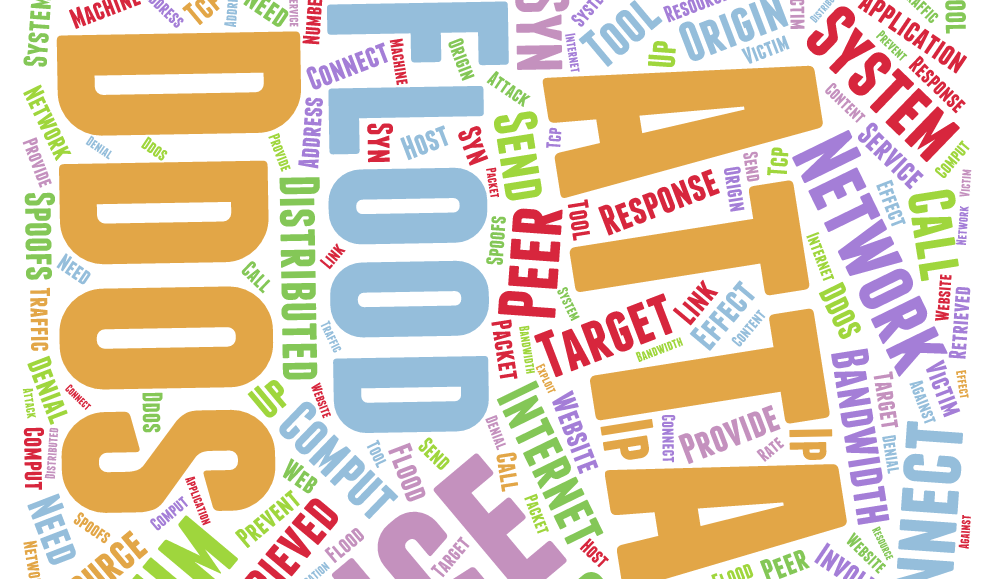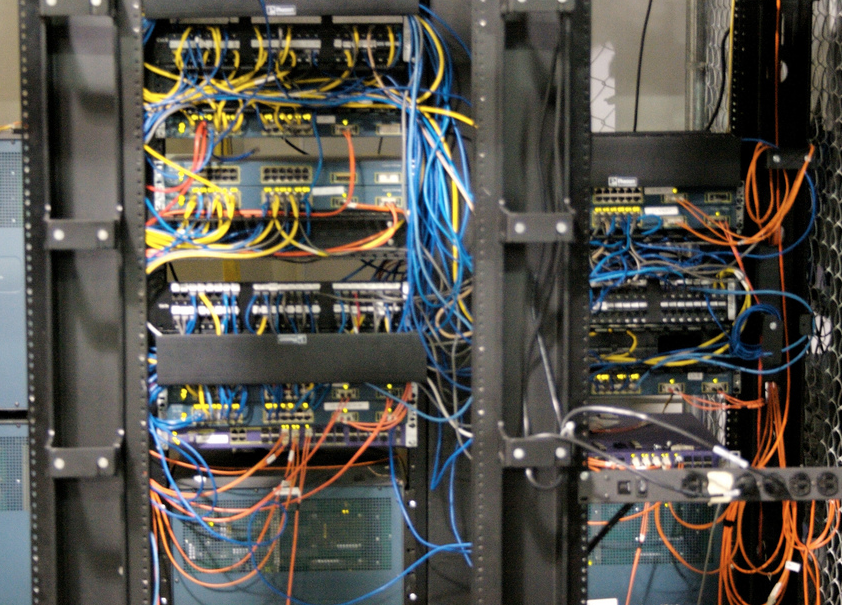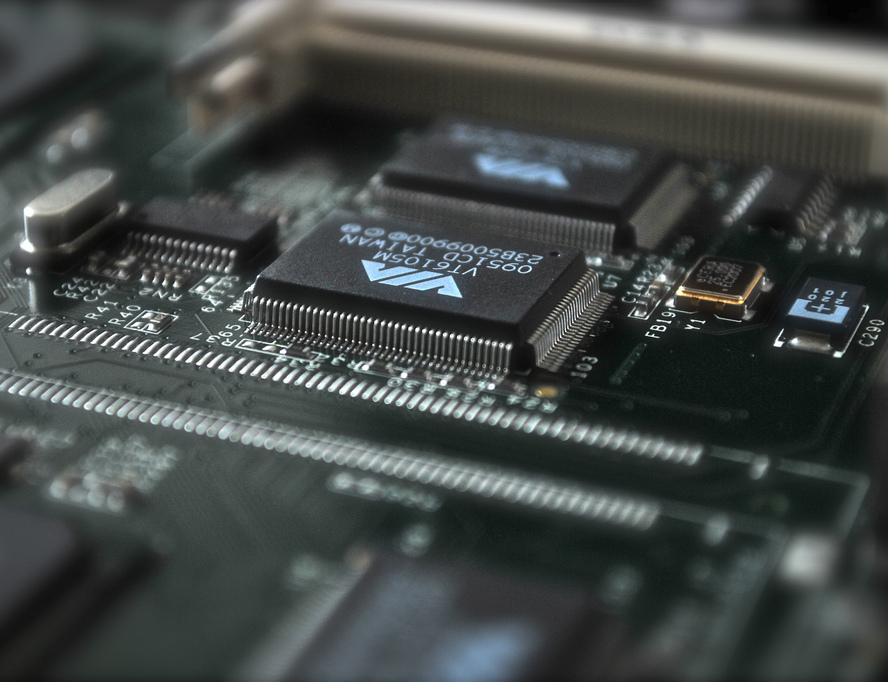
Internet Content, Traffic, and DDoS
Distributed denial of service (DDoS) is a long-standing problem for Internet users and service providers. In a DDoS attack, attacker-controlled computers that are distributed throughput the Internet can launch traffic toward a victim and clog the bandwidth or other resources of the victim, making it unavailable to legitimate users. Because DDoS traffic is very hard to distinguish from legitimate traffic, it is hard to filter them out. We research DDoS and DDoS defense. We analyze how DDoS may happen in peer-to-peer networks and other contexts. More importantly, we conduct extended research on DDoS defense. Since DDoS traffic often carry spoofed IP source addresses, in the past we have studied source address validation extensively. Lately, we have been investigating how we may leverage software-defined networking (SDN) for DDoS defense.

Internet Routing and Infrastructure Security
The Internet has become a critical component of our society, but its routing infrastructure, that is in charge of delivering traffic toward different IP address blocks, i.e. IP prefixes, can undergo many types of anomalies. The anomalies can occur at both the global level and the IP prefix level. At the global level, the Internet routing can deviate from its normal state of operation because of disruptive events such as large-scale power outages, undersea cable cuts, or Internet worms, causing what we call an "Internet earthquake." At the IP prefix level, a prefix can experience degraded or completely broken services because of operational malpractice or security attacks; in prefix hijacking, for example, by lying about routing paths an attacker can hijack or intercept traffic toward a prefix at ease. We therefore conduct a series of studies on Internet routing and infrastructure security, including two Internet routing monitoring systems that we have been researching: "Internet Seismograph" that can be used to measure Internet earthquakes, and "Buddyguard" that detects and analyzes prefix-level routing anomalies.

Online Social Networking Security
Online social networks (OSNs) are a fast-developing global socio-technical infrastructure that have linked millions of users through networked computers and other devices. Unfortunately, OSN participants also face various forms of frauds and attacks, such as spam, denial of service, Sybil attacks, and privacy violations. We are therefore very interested in researching the OSN fraud and attack analysis and detection problem, and have particularly focused on the analysis of various Sybil detection algorithms. We have also designed and developed a privacy-oriented, distributed OSN called SOUP.

Hardware and Embedded Systems Security
Modern electronic systems such as servers, personal computers, wearable health devices, mobile phones, network routers, and networked sensors need to store, access, manipulate, or communicate sensitive information or data, making security an important concern in their design. These general-purpose architectures and embedded system platforms are vulnerable to a variety of hardware-centric attacks, such as side channel analysis and hardware Trojans. Furthermore, in these systems, intellectual property (IP) cores or processing units, may come from different providers or venders and be executing code with varying levels of trust. It is therefore important to investigate and to develop techniques and methodologies for secure hardware implementations and executions. Our current research efforts in this area focus on developing security mechanisms for integrating multiple components, such as secure to non-secure cores, into the same chip design, while also maintaining their individual security, preventing data leakage and corruption, and promoting collaboration among the components.

Privacy in Digital Age
Internet privacy has reached an unprecedentedly high level of risk. Protecting Internet privacy, however, is a daunting task as there are many open problems in almost every domain. Technically, the Internet is yet to become robust against traffic eavesdropping and hijacking, and social medias on the Internet are known to be vulnerable to various privacy violation attempts. Legally, the rapid advance of techniques is catalyzing change in nearly every information privacy law. Economically, it is often elusive to evaluate the cost that privacy violation may bring to consumers and businesses. And lastly, from the social perspective, every netizen must find ways to take control over their personal information. We therefore recognize the great opportunity to study Internet privacy, an unquestionably critical problem. Our team consists of computer scientists and professors in law, business, and philosophy.